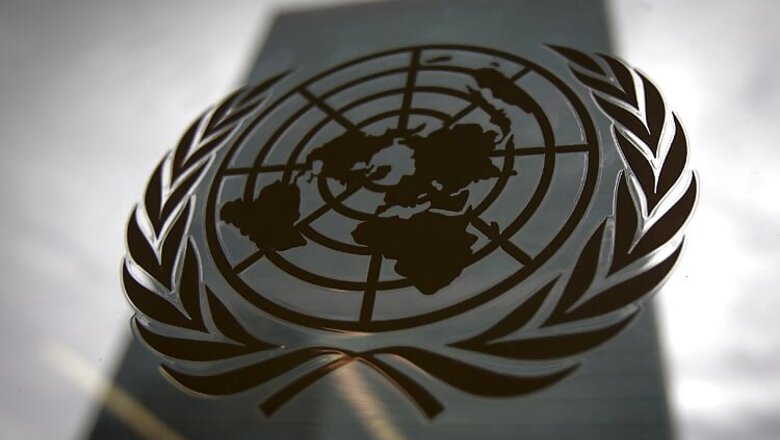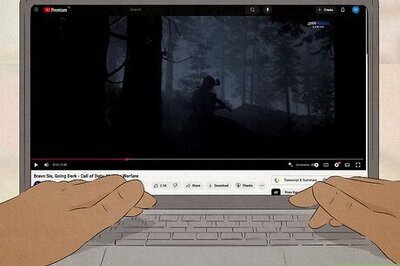
views
Geneva: The UN's human rights body on Thursday unanimously recommended a credible probe including foreign judges and lawyers into the alleged war crimes in Sri Lanka in the war against the LTTE, a resolution on which was surprisingly co-sponsored by Colombo.
The 47-member Human Rights Council here approved by consensus a crucial resolution led by the US and the UK, and backed by Sri Lanka itself, in a move hailed by international advocacy groups.
Besides asking Sri Lanka to form a credible judicial system for the probe, the resolution - based on a landmark report issued by the UN last month - also calls on Sri Lanka to allow for punishment of "those most responsible for the full range of crimes".
There was no immediate reaction from Colombo on how the Sri Lankan government received the news on the resolution in view of the fact that Sri Lankan laws do not allow operation of foreign judges and prosecutors on its soil.
In a blow to Sri Lanka's insistence on a purely domestic probe, a report by UN Human Rights High Commissioner Zeid Ra'ad Al Hussein had favoured creation of a hybrid court including international judges to probe the alleged war crimes.
Hussein in a statement via videolink to the Human Rights Council on Wednesday recommended the formation of a hybrid court citing three reasons - that Sri Lanka lacks a reliable system for victim and witness protection; the domestic legal framework is inadequate to deal with international crimes of this magnitude; and its security sector and justice system have been "distorted and corrupted by decades of impunity".
Sri Lanka's Permanent Representative to the UN in Geneva, Ambassador Ravinatha Aryasinha said his country will give "due attention" to Hussein's report.
The Sri Lankan government has been resisting foreign probe and has promised a fair probe into the alleged war crimes by troops during the nearly three decade-long brutal ethnic conflict especially in the final phase to eliminate the LTTE in 2009. Rights groups claim that the military killed 40,000 civilians in the final months.
Reacting to the approval of the resolution, international rights groups said it recognises the "terrible crimes". "The adoption of this resolution is a turning point for human rights in Sri Lanka, and crucially recognises terrible crimes committed by both parties during the armed conflict," said David Griffiths, Amnesty International's South Asia Research Director.

















Comments
0 comment